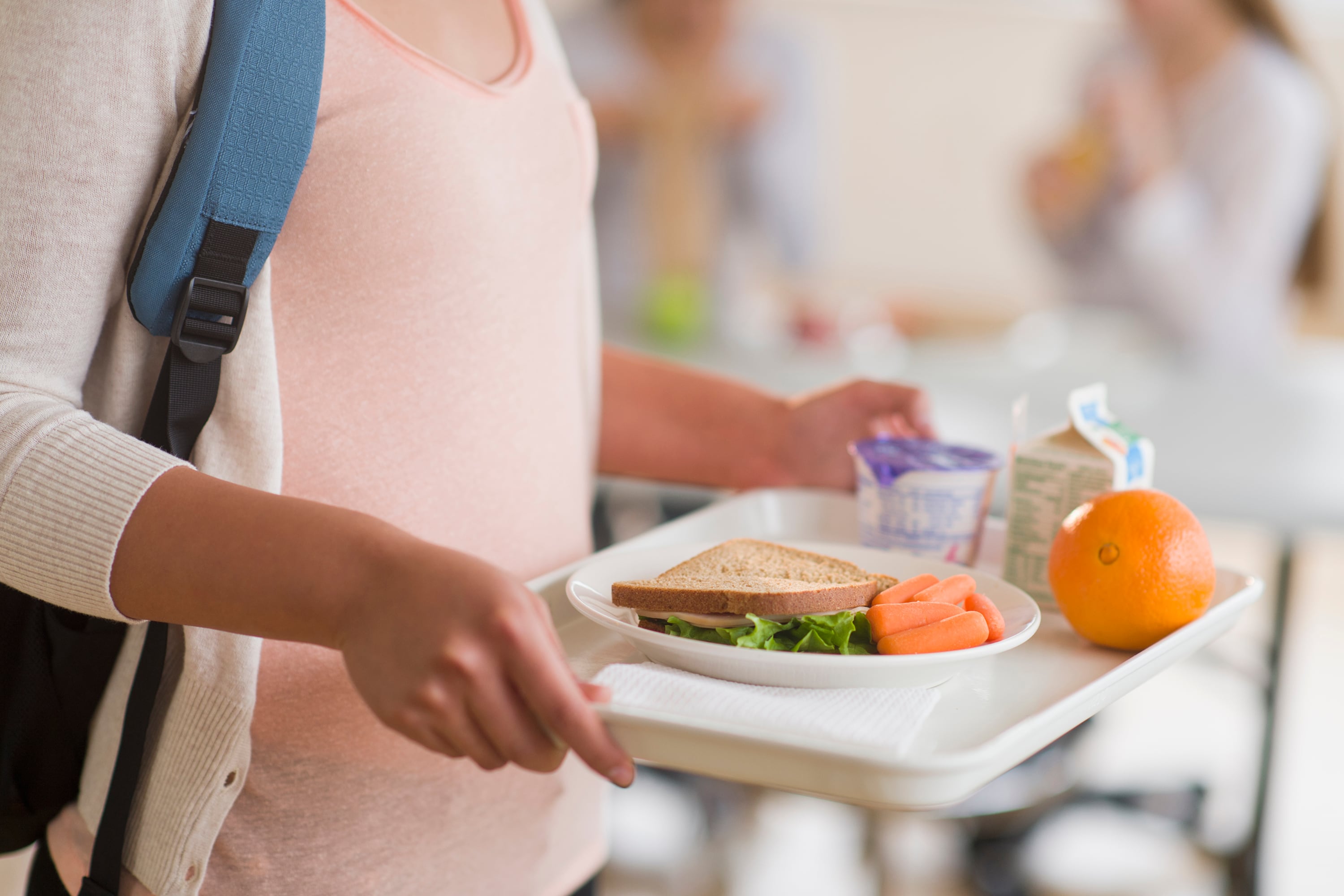Colorado is still offering free school meals this school year, even though the program has ended up costing more than state officials predicted.
While an advisory group tries to come up with long-term solutions that may mean changes in future school years, state lawmakers decided to continue funding the program in the short term, so the program won’t change for this school year.
Below are answers to some common questions people have about the program. If you have others, email us at co.tips@chalkbeat.org.
Are school meals free for all students this year again?
Yes, in districts that choose to participate in the state’s free school meals program. Districts have to sign up with the state. Last year, a majority of the districts in the state participated. This year, districts have until Sept. 16 to tell the state they’re opting in, so the state doesn’t yet know whether all districts, or fewer, will participate this year.
Large school districts including Denver, Jeffco, and Douglas County have indicated on their websites that they are offering free meals to all students again this school year.
Why is my child’s school telling me to fill out a form to see if I qualify for free or reduced-price lunch?
The state program kicks in money only after schools and districts have already received reimbursements from the federal government for the meals of students who qualify for free or reduced-price meals. So identifying students who qualify for free or reduced-price meals helps your school get money from the federal government first, helping state dollars go further.
There are other benefits as well. The state and districts sometimes allocate certain resources to schools based on how many students qualify for free or reduced-price meals, because it’s used as a measure of poverty.
And families who are identified as qualifying for those subsidized meals can become eligible for other benefits such as discounts on other school fees or other assistance.
Didn’t I hear that the state went over budget on these meals last year?
Yes. The program as it was approved by voters in 2022 is funded because the state got rid of a tax credit that used to save tax-filers money. By not allowing certain tax deductions for families who make more than $300,000, the state was able to collect new revenue to pay for the school meals.
But the state miscalculated how many students were going to eat free school meals. Since many more students than expected ate school meals, the cost of the program was higher than expected.
Lawmakers last year used other state money to cover the shortfall, and also budgeted extra money to cover the program for this school year, while they figure out if changes will be made.
Is there still a chance the free school meal program will change?
Yes, but any changes would likely be for the next school year, 2025-26. The state has hired a consultant that is working with the new Healthy School Meals for All Technical Advisory Group. The group is tasked with identifying how to maximize the amount of money that comes in from federal reimbursements first, and how to reduce the cost of the program. It will develop options for lawmakers on how to make the program sustainable.
One organization that helped create the program in 2022 has considered the idea of a ballot measure, for example, to ask voters for more help to fund the program.
The advisory group began meeting in July and will have an update for lawmakers in September, with its final report and recommendations due in December.
Yesenia Robles is a reporter for Chalkbeat Colorado covering K-12 school districts and multilingual education. Contact Yesenia at yrobles@chalkbeat.org.





